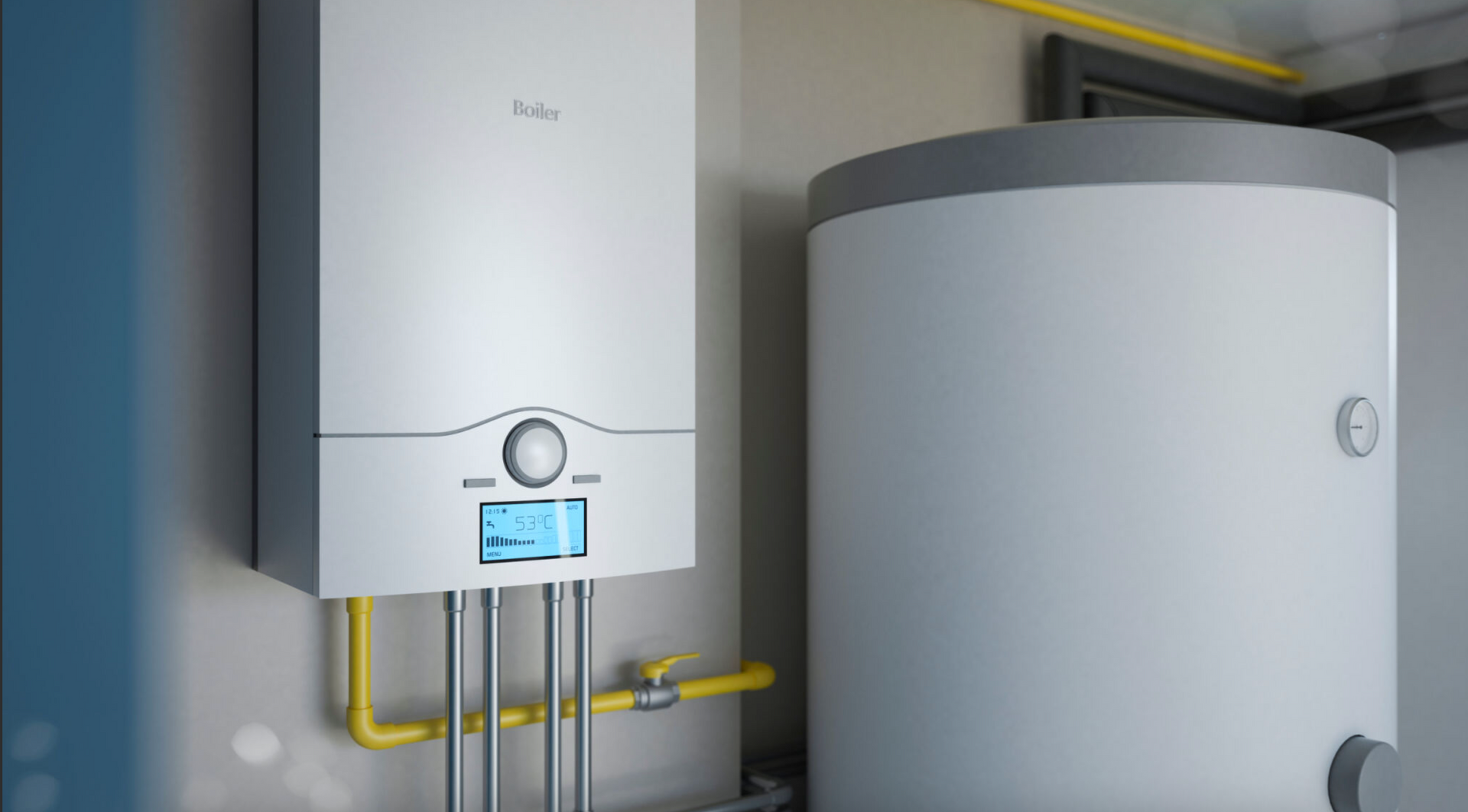How to Select the Best Hot Water System for Your Needs

Regarding household essentials, hot water systems in Townsville aren’t just a luxury—they’re a necessity. Reliable hot water is central to day-to-day living, from morning showers to washing dishes. However, with rising energy costs and multiple system types on the market, selecting the right hot water system requires more than a quick decision.
Making the wrong choice can result in higher power bills, inefficient performance, and unnecessary environmental impact. On the other hand, choosing the right system tailored to your household’s needs can offer long-term savings, greater efficiency, and improved sustainability.
Whether you’re replacing an outdated unit or installing one in a new home, this guide will help you navigate the options.
Why Your Choice of Hot Water System Matters More Than You Think
It’s easy to underestimate the importance of the right hot water system—until something goes wrong. Poor system choices can lead to constant breakdowns, underperformance, or inflated energy costs. That’s why understanding how to choose a hot water system starts with recognising its impact.
Consider the following effects that come from selecting an unsuitable hot water unit:
- You may experience inconsistent water temperatures during peak usage times.
- Your household could face unexpected spikes in energy bills due to inefficiency.
- Poor sizing may result in hot water running out mid-use, especially in larger families.
- Inadequate systems might need to be replaced earlier than expected, increasing overall costs.
Understanding the Different Types of Hot Water Systems
Before you decide, knowing the types of hot water systems available is important. Each has its own advantages and drawbacks, especially in a regional climate like Townsville’s.
Here’s a brief comparison of the main system types:
- Electric hot water systems are often the most affordable to install but tend to have higher running costs unless connected to off-peak tariffs.
- Gas hot water systems heat water faster and are generally more economical than electric models, especially when connected to natural gas lines.
- Solar hot water systems are the most environmentally friendly and can drastically reduce long-term energy expenses, but they require a larger upfront investment.
The key is to balance installation cost, ongoing energy consumption, and system lifespan.
Evaluating Your Household’s Hot Water Needs
No two households are alike. Choosing the right hot water system involves understanding your daily usage patterns and ensuring the system can meet your demand without overcompensating.
To make the right choice, take into account:
- The number of people in the home, which directly affects hot water demand.
- The number of bathrooms, especially if showers are used simultaneously.
- Your peak usage times, such as mornings or evenings.
- Whether you use hot water for appliances like dishwashers and washing machines.
Understanding your household dynamics helps avoid the common mistake of choosing a system that’s either too small or unnecessarily large.
Comparing Upfront Costs vs Long-Term Savings
It’s tempting to focus only on a hot water system's purchase and installation cost. However, the real value lies in evaluating the long-term operating costs, especially when factoring in energy consumption.
Here’s how the cost dynamics usually play out:
- Electric systems are cheaper upfront but can be expensive over time if not on off-peak rates.
- Gas systems offer a good balance of cost and efficiency but rely on access to natural gas or regular cylinder replacement.
- Solar systems are more costly initially, but they often pay for themselves through dramatically lower energy bills in the long run.
Looking at a system’s lifecycle cost—not just the sticker price—helps ensure a smarter investment.
Factoring in Energy Efficiency & Environmental Impact
For many households, energy efficiency isn’t just about saving money—it’s about reducing environmental impact. This is especially important for families looking to make sustainable choices at home.
Consider the environmental benefits of different systems:
- Solar hot water systems generate minimal emissions and reduce reliance on fossil fuels.
- Gas systems emit less carbon dioxide than electric systems powered by coal-based electricity.
- High-efficiency electric systems, such as heat pump units, are more sustainable than older electric models and perform well in warm climates.
Selecting an energy-efficient system reduces your footprint and may make you eligible for government rebates.
Why Climate & Location Play a Critical Role in System Performance
Your local environment should influence your system choice. Solar systems perform exceptionally well in places like Townsville, where there is abundant sunlight and mild winters.
Key factors to consider include:
- Sunlight exposure—ideal for solar systems, especially on north-facing roofs.
- Mild winters—reduce the need for boosted heating systems, further improving solar performance.
- High humidity and heat—favour certain systems like heat pumps, which draw warmth from the surrounding air.
- Space availability—some properties may not have the outdoor space required for larger storage tanks or panels.
Factoring in your climate ensures you choose a system built to perform optimally in local conditions.
The Importance of Proper Installation & System Sizing
Even the best system won’t perform as expected if it’s incorrectly installed or poorly sized. That’s why professional installation and guidance are crucial for both safety and efficiency.
Issues that often arise from poor installation include:
- Incorrectly sized systems leading to energy wastage or hot water shortages.
- Poorly placed solar panels that reduce efficiency by being shaded or misaligned.
- Unsafe plumbing connections or non-compliance with local codes.
- Leaking valves or poorly insulated tanks that waste heat and water.
By using professional installers, you ensure that your system works as intended and lasts for years.
Professional Advice Makes All the Difference
Choosing a hot water system is not a one-size-fits-all decision. The expertise of professionals can help you avoid costly mistakes and ensure that your system is tailored to your property and lifestyle.
Some of the ways professional advice adds value include:
- Assessing your current system to determine if repairs or upgrades are more cost-effective.
- Recommending the right system type and brand based on your budget and water usage.
- Ensuring compliance with local codes, safety standards, and warranty conditions.
- Providing maintenance plans that prolong system lifespan and reduce emergency repairs.
A qualified technician doesn’t just install your system—they help optimise it for long-term performance.
Talk to Our Townsville Hot Water Experts Today
At GSA Group Townsville, we take the stress out of choosing and installing hot water systems. Whether you’re considering a switch to solar, comparing gas versus electric, or simply upgrading an old unit, our team will help you make a well-informed decision tailored to your home, lifestyle, and energy goals.
Give us a call to discuss your hot water needs. We’re here to help you find a system that delivers comfort, efficiency, and peace of mind.








